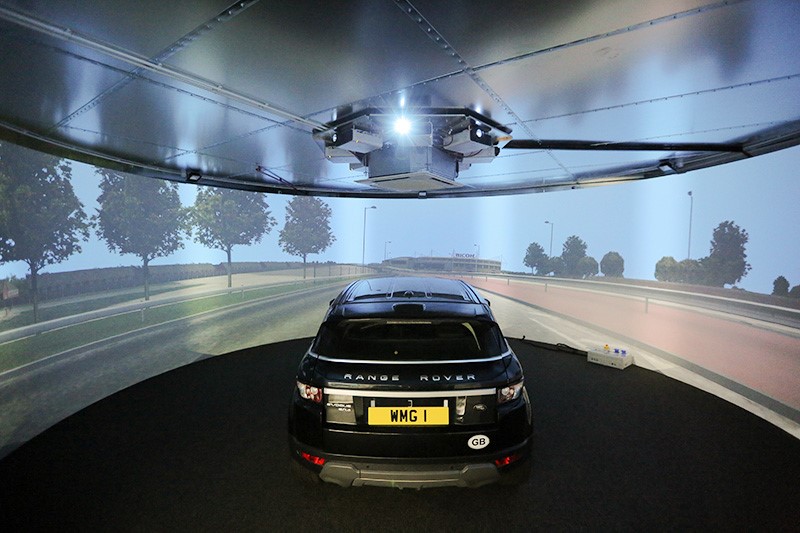Professor Paul Jennings, Intelligent Vehicles Research Lead at WMG, talks about the commercial opportunities for intelligent vehicles in the UK.

What’s your definition of ‘intelligent vehicles’?
‘Intelligent vehicles’ is a catch-all title for our research because we work on connectivity in vehicles; we work on automation in vehicles; and we work on projects that don’t involve either. For instance, intelligence in a vehicle could be a way to achieve improved comfort and convenience features or to improve energy management.
What are the main markets for intelligent vehicles? Cars? Trucks? Public transport?
We’re talking all of the above. It’s important to remember that the market for intelligent vehicles isn’t just so that people can move around more safely, comfortably and conveniently. It’s about moving goods, too. Whatever market WMG is working in, however, it has to make sure it’s here to solve problems and create new opportunities for customers and for our industry partners. Our role is to help UK companies exploit the significant emerging business opportunities through collaborative research, and through provision of new skills and education programmes.
Who are the main players in the intelligent vehicles market?
It’s interesting because things have moved beyond traditional automotive companies now. At WMG, we do work with traditional companies and their supply base, of course; but there are new types of designer-manufacturers on the scene too. For example, in low-speed autonomous transport there are companies such as Aurrigo — the autonomous vehicle division of RDM Group — which designs and manufactures low-speed driverless pods here in Coventry. It is also important that we work with other key sectors too, such as wireless communications, simulation and transport infrastructure. Collaboration with authorities such as Transport for West Midlands is also crucial.
What are the main commercial drivers for companies in the intelligent vehicles space?
I’d put safety at the top of the agenda because, first and foremost, everyone wants to be safe. Then there are lower emissions and better energy efficiency. I don’t think we can necessarily expect intelligent vehicles to reduce congestion, but they should be able to give us much better estimates about journey times. Also, there’s a chance to make different modes of transports work better together — for example improving links between road and rail.
How can UK companies best take advantage of the commercial opportunities they identify?
The Midlands Future Mobility environment we, and our consortium partners, are creating is very exciting and will give real advantages to UK companies. It’s going to be a place where they can come to trial their new vehicles, technologies and services in the real world, with proper public and user-engagement. That’s a great opportunity for them to learn more from trials, and have the process made easier for them. It’s also good for the Midlands which will experience those new technologies and services earlier than everyone else.
How do you see commercial opportunities developing in the future?
I think the whole supply chain will change dramatically. There will be an increasing importance on software, sensors, perception systems and connected components. But I think, over time, business models will change more dramatically as transport becomes more of a mobility-focused service industry, with customers buying ‘journeys’ rather than ‘vehicles’.
